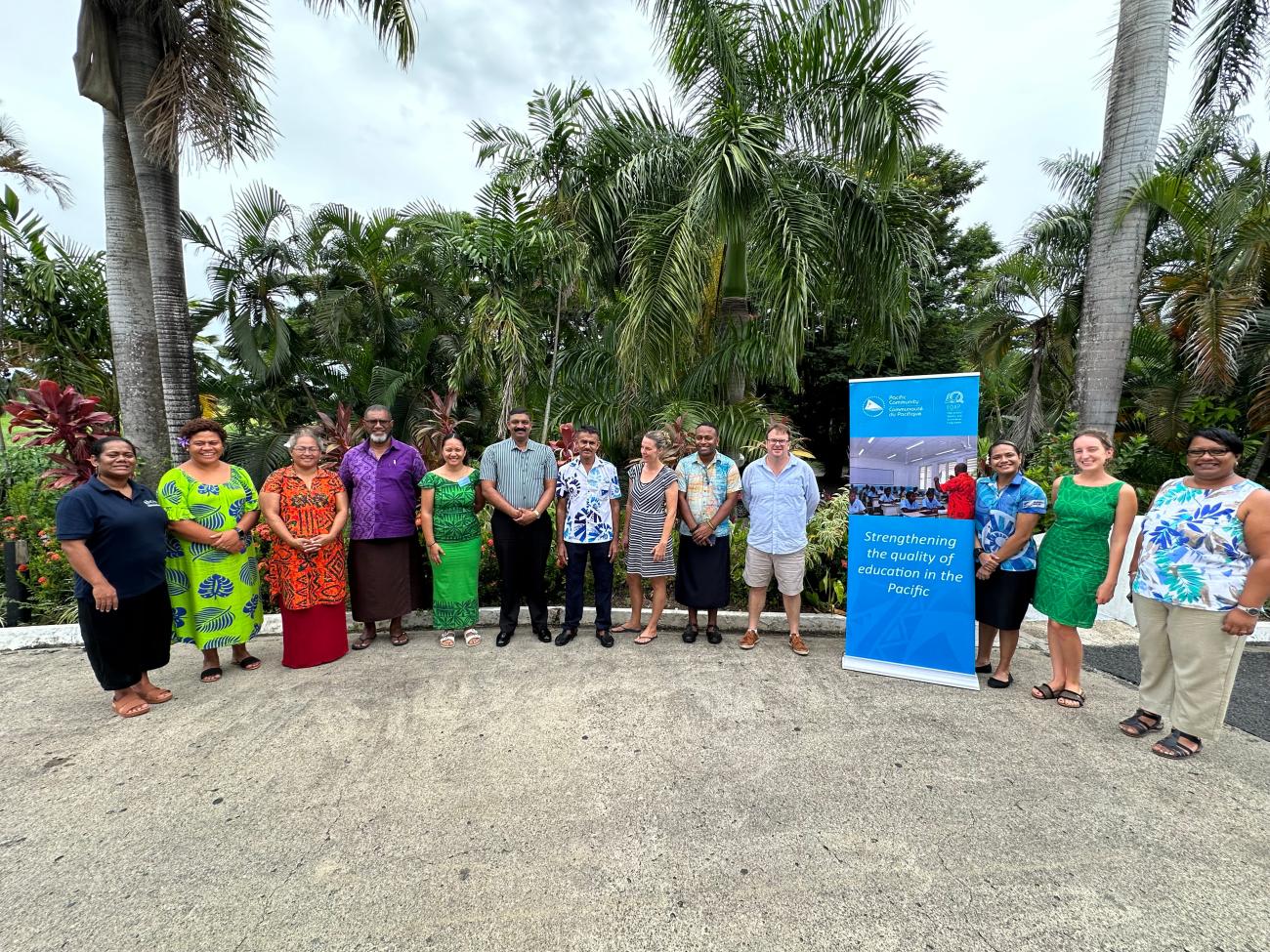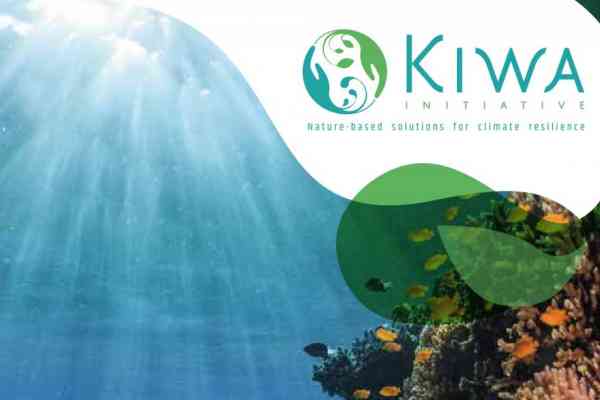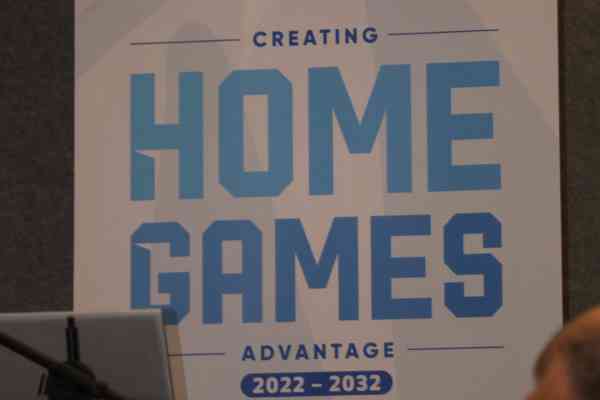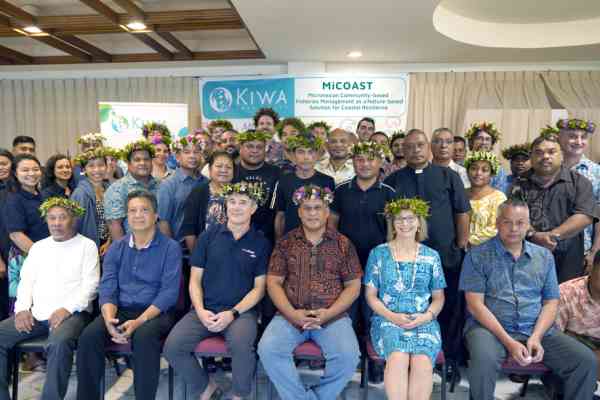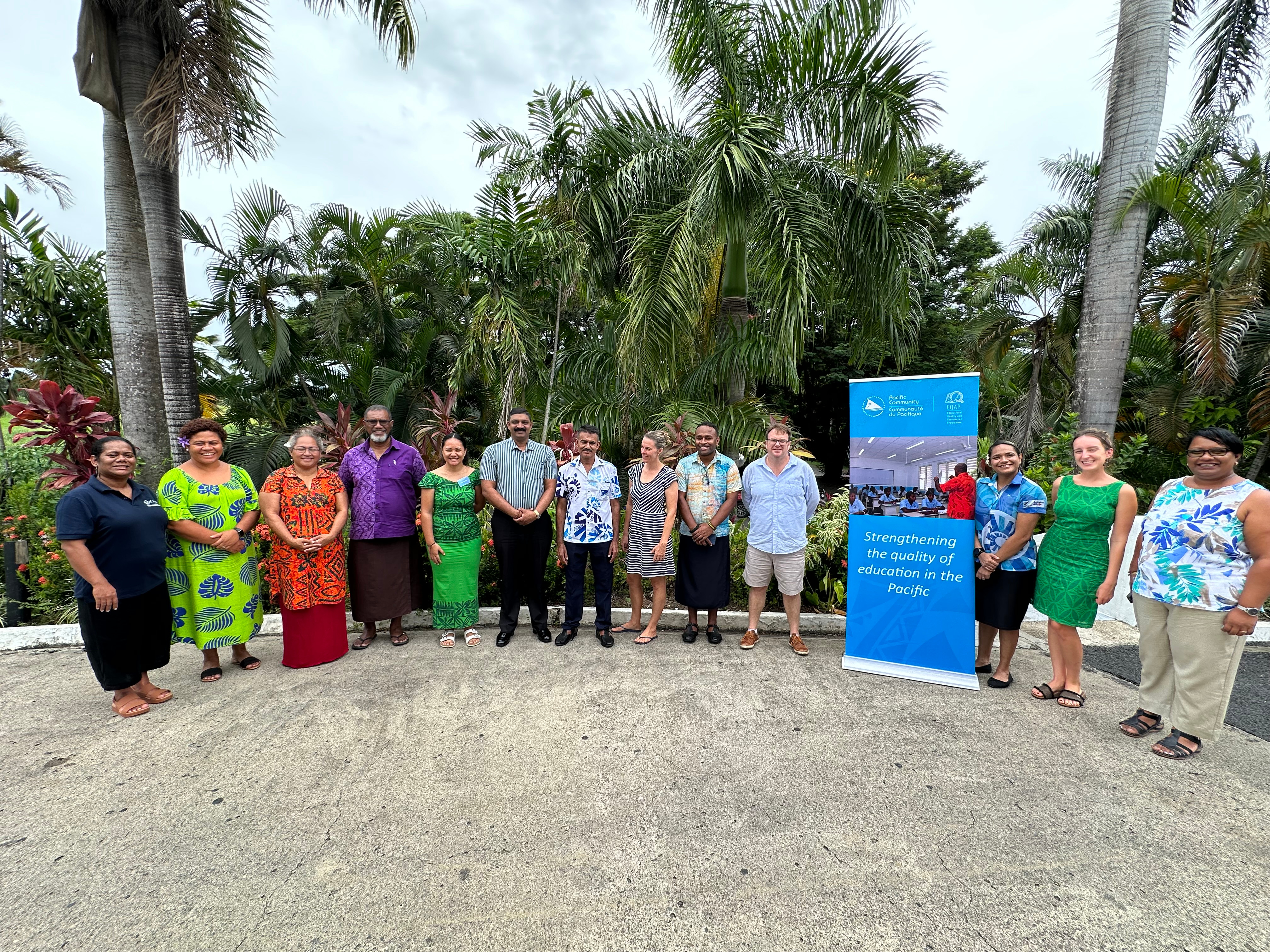
In an effort to become more climate resilient, Pacific Island communities are taking a big step forward by developing specialised training qualification to help them use Nature-based Solutions (NbS) to battle the effects of climate change. These solutions are ways to deal with environmental challenges by working with nature instead of against it. Supported by the Kiwa Initiative (which funded by the European Union, France, Canada, New Zealand and Australia), this qualification is a crucial move towards making Pacific Island ecosystems, communities, and economies stronger and more adaptable.
This initiative is a team effort led by the Regional technical assistance of the Kiwa Initiative, implemented in partnership by the Secretariat of the Pacific Regional Environment Programme (SPREP) and the Pacific Community (SPC), with the valuable support of the Educational Quality and Assessment Programme of SPC. SPC's expertise in developing qualifications played a big role in why they were asked to help with these micro-qualifications, which are planned to start in 2024.
“These qualifications represent a significant milestone in our efforts to enhance climate resilience in the Pacific. By providing our stakeholders with specialised skills and knowledge, we're empowering our communities to navigate the challenges of climate change with confidence and effectiveness,” said Dr Rebecca Stirnemann, Project Development Coordinator of the Kiwa Initiative at SPC.
As part of this project, a group called the Industry Advisory Committee (IAC) will be formed with representatives from Pacific Island Countries and Territories (PICTs), thematic experts from NGOs, regional organisations and academics. With guidance from SPC, the members of this committee develop a Pacific focused qualification. The goal is to make sure these qualifications are as helpful and relevant as possible to people in the Pacific Islands.
Another added benefit about the qualification is that it will be endorsed by people outside the Pacific Islands showcasing that there is a shared commitment to ensuring these qualifications are recognised and respected everywhere, and available for delivery in the entire region as well. By working together, these qualifications will help strengthen the Pacific Islands' ability to deal with climate challenges while working closer with nature.
The plan for developing these qualifications is well-organised, with clear steps and goals. Training sessions for the IAC members will be followed by adjustments based on feedback received. Each step brings Pacific Island stakeholders closer to being better prepared to face the challenges of climate change.
For Pacific Island communities, these qualifications are more than just a project – they're a crucial part of their journey towards becoming more resilient to climate change. By working together and forming strong partnerships, these qualifications have the potential to empower communities and protect the environment for years to come.
For more information, please visit the Kiwa Initiative website.
Contacts:
Rebecca Stirnemann, Project Development Coordinator, Kiwa Initiative | [email protected]
Angelica Salele, Communications Officer, Climate Change Flagship Programme | [email protected]
